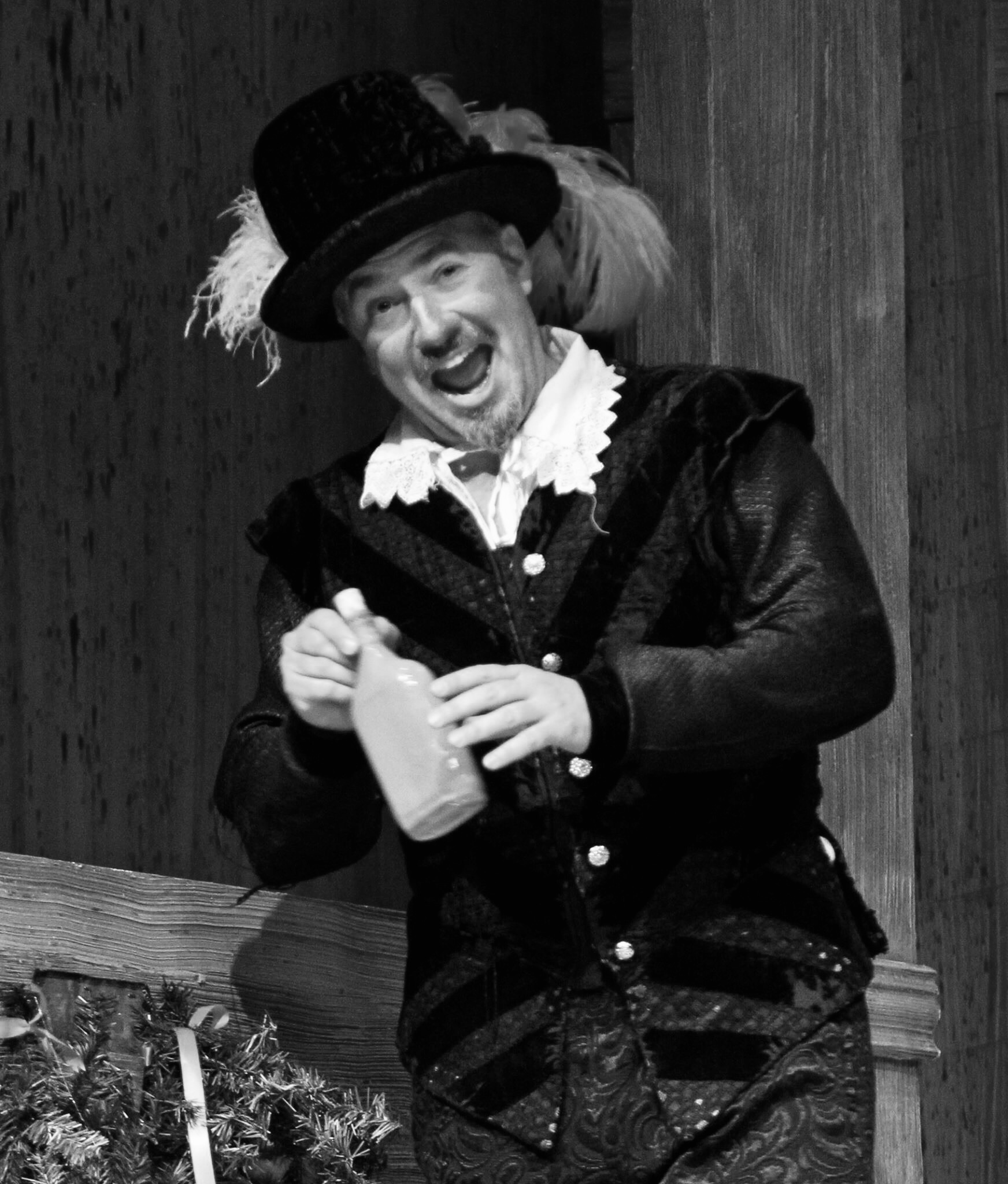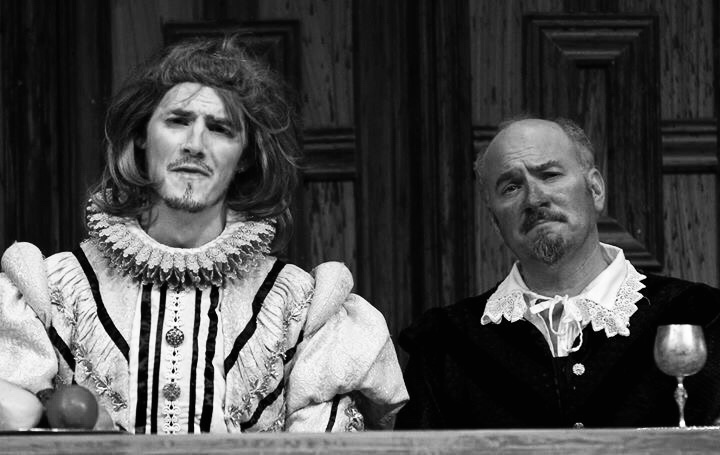Theatrical audiences are fickle beasts and each audience is prone to its own sort of reactions and mood swings with regard to play performances; no two audiences are alike. So, it’s best to think of audience reactions as gestalt expressions of the moment and to not take them personally. Especially when you speak a line in a Saturday night performance that gets a huge laugh from the audience—and the same line spoken to a Sunday afternoon audience the next day lands like a sour note sung to a cricket symphony.
Sir Alec Guiness, writing in My Name Escapes Me: The Diary of a Retiring Actor, gives the following example of the fickle beast’s inconstancy, and sometime mystifying immunity to laughter, as a cautionary tale for the fragile actor ego:
“In 1937 [Sir Tyrone] Guthrie directed Twelfth Night at the Old Vic with Larry Olivier as Toby Belch, his then wife, Jill Esmond, as Olivia, and the adorable Jessica Tandy as Viola. Marius Goring was Feste and I was Aguecheek; for some odd quirky reason of my own I played him as if he were Stan Laurel. It was a very undisciplined affair, not good at all, but I was thrilled to be acting my first important part. Also, I learned a thing or two while doing it. Like every Aguecheek that has ever been I got a laugh on the line, ‘I was adored once too.’ One midweek matinee, with a sparse audience, no laugh came although I undoubtedly sought it. Larry hissed in my ear, “Fool! You should know a matinee audience would never laugh at that.’”
Occasionally, a schizophrenic quality in the audience will present itself in the traitorous bark of laughter from a single audience member. In cases like this, while I reject the belief some actors have that sometimes they “are performing for the wrong audience,” I fully believe that when a single audience member laughs when no one else is laughing that person is definately sitting in the wrong audience.
*** *** ******
Richard La Rosa is an American writer that once played Sir Toby Belch in William Shakespeare’s Twelfth Night.


